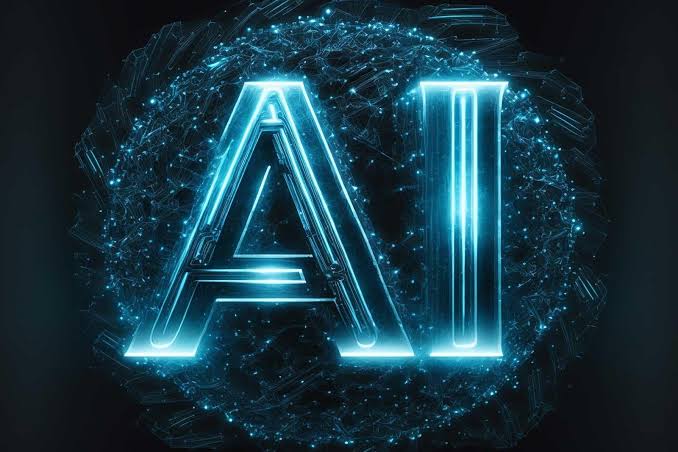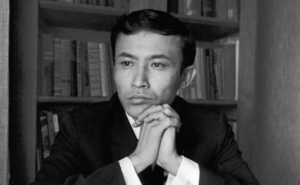AI: A Powerful Servant, Not a Dangerous Master

As a young and educated youth of this country, I have always viewed technology as one of the greatest breakthroughs in human history. Among all advancements, Artificial Intelligence stands out as a force that has redefined how we live, work, and connect with the world around us. It is transforming our realities in ways that were once the subject of science fiction. Today, it is very much our present.
Artificial Intelligence has made our daily lives more efficient. Whether it is optimizing traffic flows in busy cities, powering smart assistants in our homes, or enabling breakthroughs in medical diagnosis, AI has shown its immense potential. It has improved agriculture through precision techniques, strengthened governance through data-driven policies, and even enhanced education by enabling personalized learning. From hospital wards to remote farms, AI is playing a critical role in reshaping how services are delivered and solutions are designed.
In healthcare, AI algorithms now assist doctors in diagnosing diseases faster and more accurately than ever before. In agriculture, predictive models powered by AI help farmers monitor crops and improve yield with minimal waste. In public administration, AI is helping governments detect fraud, monitor performance, and respond quickly to citizen complaints. These are not just futuristic concepts—they are happening now, making real impact.
However, alongside its strengths, AI also brings forth complex challenges. It raises serious concerns about data privacy, surveillance, and the ethical boundaries of automation. The fear of job displacement due to AI replacing human labor is no longer a distant theory—it is a reality that needs immediate attention. As AI systems become more intelligent, the gap between human involvement and machine decision-making continues to grow, creating a dilemma around trust, control, and responsibility.
The most unsettling aspect is that AI systems are being used to make decisions in sensitive areas—hiring, policing, credit scoring—without always offering transparency or accountability. Algorithms trained on biased or incomplete data can reinforce existing social inequalities. The consequences of such technological blindness can be both unjust and irreversible for individuals who are denied jobs, services, or opportunities due to an automated decision.
I believe that the way forward lies in adopting a human-centric approach. At the heart of every innovation must be the belief that no matter how advanced a machine becomes, it can never replicate the human touch—the warmth, empathy, and emotional intelligence that define our relationships and connect us in meaningful ways. Machines may learn patterns, but they cannot feel love. They can replicate voices, but not the sincerity behind them.
Human interaction, intuition, and conscience are irreplaceable. We must remember that technology, no matter how advanced, lacks the soul that builds trust, fosters compassion, and understands moral responsibility. In a world flooded with smart tools, it is our humanness that must stay at the center. The ability to console a grieving friend, to care for a child, or to lead with courage—these are human strengths that machines will never possess.
This is why I firmly believe that AI is here to assist and not to replace. It should be seen as a powerful servant, not a dangerous master. The challenge for us, as individuals and as a society, is to use this tool judiciously, responsibly, and ethically. If we uphold values of transparency, fairness, and inclusion, AI can be our greatest ally in shaping a better tomorrow.
To achieve that, we must invest not only in technological literacy but also in moral clarity. Our policymakers, educators, developers, and citizens must come together to create frameworks that ensure AI is used to empower people, not control them. We need strong regulations, ethical AI principles, and above all, a national dialogue that prepares the next generation to think critically about technology—not just consume it.
Artificial Intelligence should not be feared, but it must not be worshipped blindly either. The excitement of innovation must be balanced with responsibility. The future will not be built by machines—it will be shaped by the intentions of those who create and command them. That future must reflect human dignity, respect for life, and compassion for all.
Let us not be afraid of Artificial Intelligence, but let us not be blind to its implications either. Let us welcome its strengths but guard ourselves against its potential risks. With wisdom, foresight, and a strong ethical compass, we can ensure that this tool remains in service of humanity—empowering us, not overpowering us.


